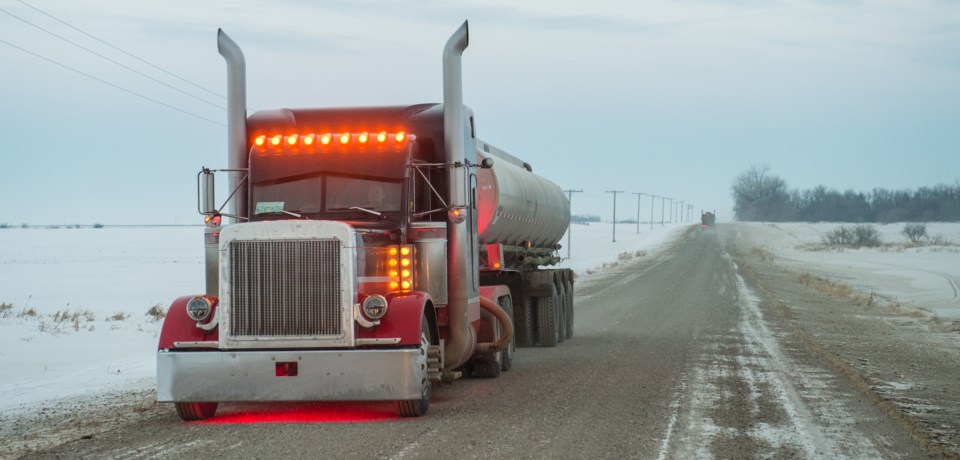When the oil downturn hit its greatest depths, when things looked bleakest, there was hope. Hope that when oil hit US$50 per barrel for WTI, then, surely when it hit US$65, things would turn around. We just need to see US$65! It’s like the pot of gold at the end of the rainbow. The light at the end of the tunnel. We can see it now!
The service companies that constitute the bulk of the workforce in the Saskatchewan oilpatch, could expect to start getting back on their feet. So has been the hope.
Well, that hope is somewhat muted now. We got to the end of the tunnel, and we’re still not in the free and clear. It seems the tunnel is a lot longer than we thought.
Oil has been over US$60 for a while now, well in excess of US$50. Activity level has picked up. Companies have done some hiring. There’s more work to be had. But those service companies have not seen any sort of substantial rebound when it comes to their bottom line.
While some have been able to bring the rates they charge the oil companies back a few points, it’s nowhere near the amount they had cut – not by a long shot. Yet their business operating costs are the same, or in some circumstances, even higher (think diesel). Most service companies are still working for rates at, or close to, the levels that were set when oil was in the US$30s range for a barrel of WTI.
For instance, next to no new semi units have been purchased in the last three years by the companies Pipeline News has spoken over recent months. These are not small fleets, either. And they’ve kept running, maintaining that they have and stretching it as far as they can.
But sooner or later, those companies are going to need to replenish their fleets. It’s not going to be a small buy, either. They’re going to need units by the dozen. But is the money there to do that?
Not a chance. Not even close.
The prices of new units, of pretty much anything, are impacted significantly by the cost of Tier IV engines with their more complex, and costly emissions controls. That makes new purchases very tough, indeed.
The mechanics continue to be busy, and will be for some time, keeping older units on the road.
The equity destruction that’s taken place in this downturn is substantial. It’s going to take a long time to rebuild that, never mind consider serious growth. In several cases, companies told Pipeline News their efforts have largely been to keep their people working. They’ve started hiring back a few people at a time, but they’re nowhere near where they were before. In one case, they hired more people with an expectation of a busier winter, but that expectation did not pan our.
What happens if Saskatchewan gets slapped with a carbon tax? That will impact the oil companies, their spending, and what they’re paying their service companies. Costs for the service companies will go up, and will continue to climb as the carbon tax ratchets up, as the Trudeau government has promised.
Will service companies start tacking carbon tax surcharges on their invoices? How well is that going to go over? Who is going to eat that, the service companies or the oil companies?
A useful analogy is a fuel surcharge. From what we’ve heard, they don’t always work. The service company, therefore, ends up eating the increased fuel prices, instead of adding it to their bill. These companies are so skittish about the possibility of losing any of the work they have, they just eat it, instead.
That carbon tax is going to eat into jobs. It’s going to eat into capital budgets for replacement units. And its going to eat, even moreso, into the entrepreneurs’ capital. No matter what the carbon tax is, no matter how it is applied, it’s going to hurt a sector that has already been through nearly four years of downturn.
This industry has gone through the equivalent of 12 rounds with Mohamed Ali. How many more rounds can it take before С����Ƶ knocked out?
Don’t think it’s all doom and gloom out there, because it’s not. Most people we’ve spoken to in recent months are more optimistic now than they were in late 2016; more optimistic by a long shot. Talking to people now is no longer like having a conversation after a funeral.
It’s just that there had been so much hope that now, at the currently oil price levels, finally, there would be a substantial improvement in the bottom line, and that simply hasn’t happened. Will there be an improvement after breakup?
One can only hope.




